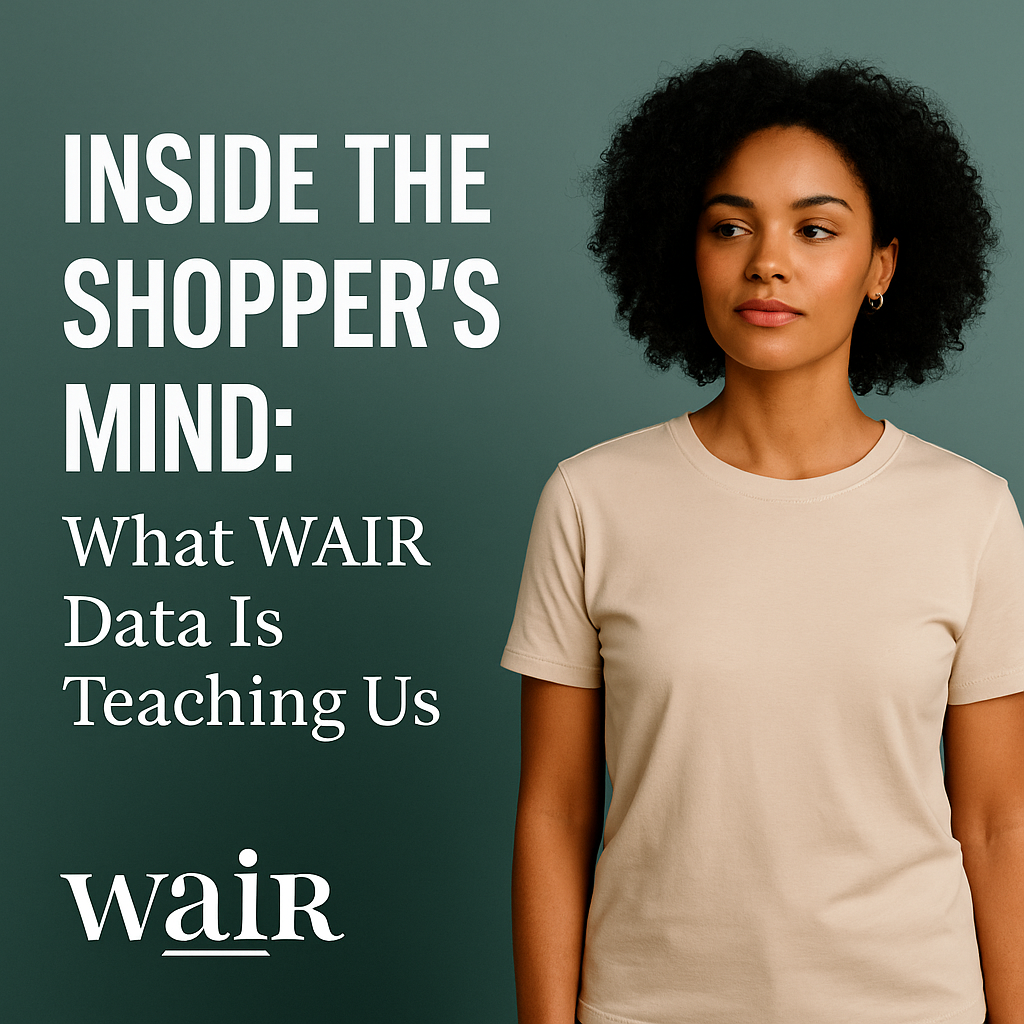
Overcoming the Personalization Paradox
The days of brands viewing personalization as a "nice to have" or a low-priority initiative are long gone. From tailored product offerings to augmented reality experiences, personalization in eCommerce has been given the utmost priority by brands across all industries. There's a valid reason for that; developing meaningful relationships with your customers through personalization is the easiest way to increase sales and build brand loyalty within your existing shopper base.
But while shoppers are actively demanding personalized experiences online, the question many are not asking is how much personalization is too much? Brands want to bring shoppers experiences that make them feel special, but can they reasonably achieve this without prying for information shoppers may or may not be willing to share?
Personalization vs. Privacy

As a shopper yourself, which do you value more, personalization or your privacy? Believe it or not, these two are mutually exclusive as personalization to any degree requires at least basic information. Despite the spike in demand for personalization, many shoppers remain reluctant to divulge the information that makes these experiences possible, especially when they are not informed about what this information will expressly be used for.
Recent discussions surrounding the collection and use of shopper data have resulted in shoppers being very selective about who they elect to share their data with. A recent study conducted by KPMG concluded that 78% of shoppers are fearful about the data collection process, and 30% of respondents even claimed they would never share information with brands under any circumstances. These discussions have also led to acts such as GDPR (General Data Protection Regulation) and Apple's new iOS 15 privacy features, making it even more difficult for brands to collect and leverage personal data. While this initially seems like a resounding win for the shopper, the personalized experiences that most modern shoppers demand hinge on the brand's ability to collect data; it's as simple as that.
More Tech, More Apprehension

In trying to enhance the eCommerce shopping experience, many brands have turned to solutions rooted in augmented and virtual reality. While AR and VR are groundbreaking technologies and a boon to the eCommerce shopping experience, some shoppers can be (understandably) a bit skittish when asked to record or take pictures of themselves during their journey. Privacy experts have painted this technology in quite the negative light by explaining how the biometric data captured by AR solutions have the potential to reveal much more about the shopper than they may have wanted to share initially.
Like other forms of data, the main questions and concerns surrounding AR/VR are:
- How do brands use this information they have gathered from shoppers?
- Is my information secure, and where is it stored?
- Is this information shared in any way with third parties?
The questions surrounding these technologies are not new. Since the introduction (and subsequent demise) of Google Glass, people have continued to express their concerns surrounding the collection of biometric data. Brands looking to expand their horizons into AR/VR solutions must consider these questions and how the use of such technologies reflects on one's brand image.
A More Deliberate Approach to Personalization

Brands have mitigated data collection fears by leaning into full-blown transparency, explicitly stating how users' data will be leveraged. Expressing empathy is key here; if you can clearly convey to your shoppers how this data is being used to enhance and personalize their shopping experience, they are much more likely to give you the building blocks needed to make that happen. This doesn't mean burying those details in a twenty-page privacy agreement that shoppers are likely to disregard; this information must be easily accessible and communicated as effectively as possible.
Another way to ease the minds of your shoppers is to use personalization solutions that do not rely on sensitive information to achieve their value add. While information-heavy personalization is exceedingly helpful, brands have many different ways to enhance and personalize the eCommerce experience that requires little to no sensitive information. For example, apparel eCommerce suffers from a lack of personalization in sizing, which has led to increased return rates and decreasing levels of shopper satisfaction. To provide online shoppers with their best-fitting products through unintrusive personalization, brands like Rhone, Johnnie-O, and SHEFIT have implemented WAIR's sizing solutions, which are grounded in 3D body data but require little to no sensitive information to use effectively. Unlike other sizing solutions that require shoppers to download an app or take pictures of themselves, WAIR only needs a shopper's basic body data to recommend their best-fitting size every time. While WAIR's solutions collect shopper body and journey data to help brands optimize their eCommerce strategy across all business units, this information is not tied to any unique individual, and the sizing process is entirely anonymous.
While the options mentioned above are by no means comprehensive, they are an excellent start towards one's journey to overcome the personalization paradox and leverage the potential of eCommerce personalization.
Personalization is a Delicate Balance
Brands are undoubtedly engaged in a tricky balancing act when it comes to eCommerce personalization but know that not all personalization efforts require a complete 360-degree view of the shopper. Consider balancing the effectiveness of your personalization efforts with accepted standards surrounding data privacy. Brands that place resources behind discovering this balance will be rewarded; those who treat their shopper's valuable information haphazardly will quickly be outpaced by those taking a more deliberate approach to personalization.
Interested in learning more about WAIR? Schedule a demo here and be sure to follow us on Twitter, Instagram , LinkedIn, and Facebook for all your fashion content needs!








